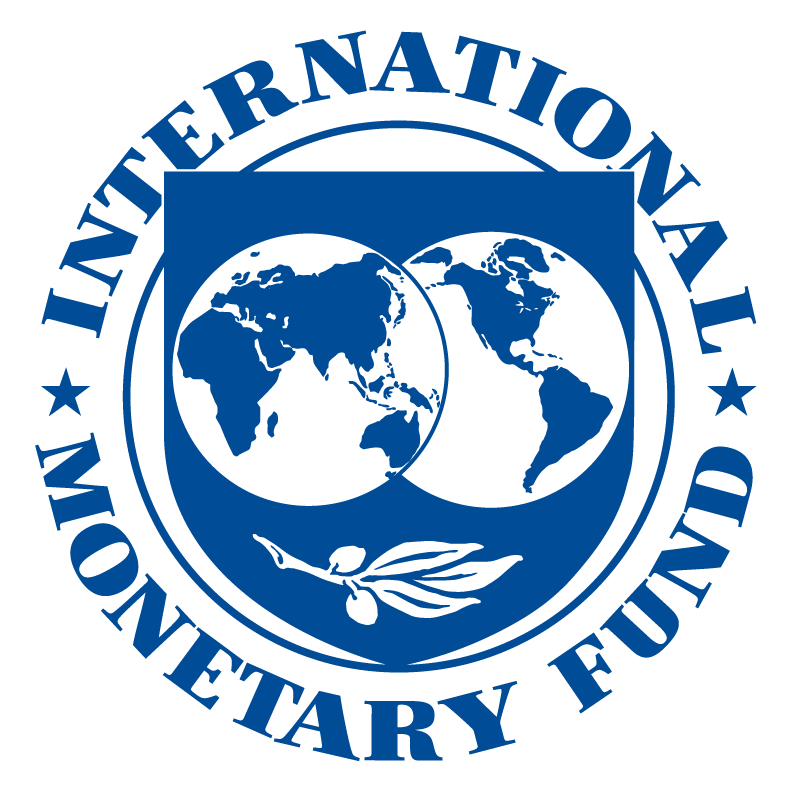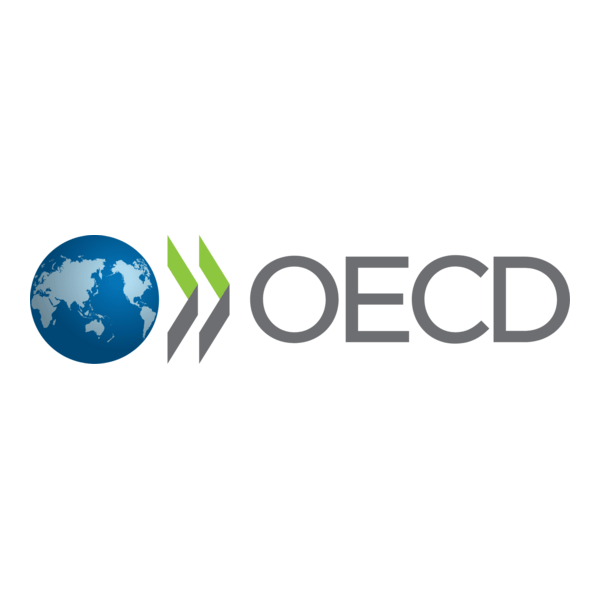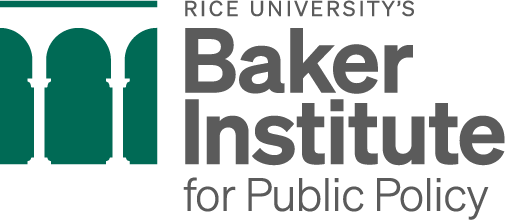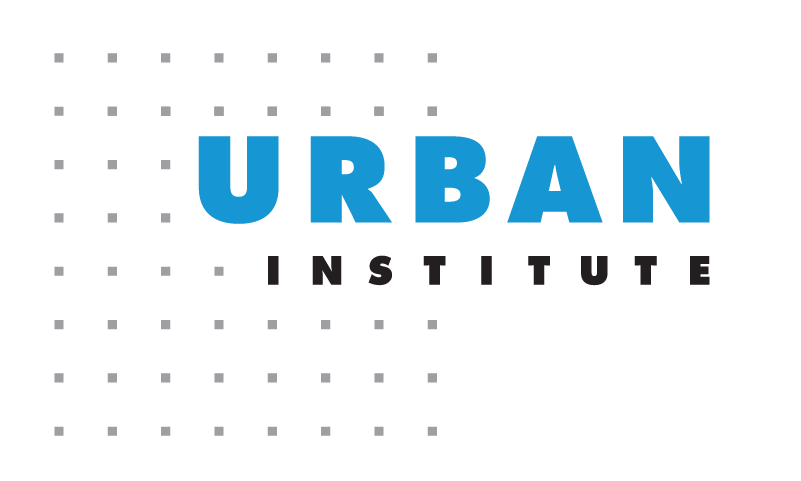Company Directory - International Monetary Fund
Company Details - International Monetary Fund

International Monetary Fund
WebsiteWashington, D.C., United States
The International Monetary Fund (IMF) is an international organization comprising 190 member countries that works to foster global monetary cooperation, secure financial stability, facilitate international trade, promote high employment and sustainable economic growth, and reduce poverty around the world.
CCI Score
CCI Score: International Monetary Fund
-14.05
2.24%
Latest Event
IMF Approves Tax Relief Measures for Pakistani Salaried Class
The IMF has given preliminary approval to reduce income tax rates for salaried individuals in Pakistan's upcoming 2025-26 federal budget, providing relief estimated at up to Rs. 60 billion. The move followed intense negotiations with the Federal Board of Revenue and is aimed at easing the tax burden on lower and middle-income workers.
Take Action
So what can you do? It's time to make tough choices. Where will you cast your vote?
- Shop Alternatives
SEE ALL - Use Your Voice
OTHER TOOLS - Investigate
- Share the Score
SUPPORT CCI
ENABLER
International Monetary Fund is currently rated as an Enabler.
Latest Events
- JUN012025
The IMF has given preliminary approval to reduce income tax rates for salaried individuals in Pakistan's upcoming 2025-26 federal budget, providing relief estimated at up to Rs. 60 billion. The move followed intense negotiations with the Federal Board of Revenue and is aimed at easing the tax burden on lower and middle-income workers.
- JUN012025
In addition to endorsing tax cuts, the IMF has publicly criticized Pakistan's decision to allocate 2,000MW of electricity for cryptocurrency mining without proper consultation with the Energy Ministry and NEPRA. This stance underscores the importance of regulatory oversight in energy allocation.
- APR092025
The IMF announced a preliminary $20 billion bailout agreement with Argentina, supporting President Milei’s austerity-driven reform agenda amid mounting economic stress and structural changes that risk undermining worker protections.
- APR012025
In response to economic disruptions and aggressive US tariff policies, the IMF revised its global GDP growth forecast from 3.3% to 2.8% as reported in April 2025. This adjustment reflects concerns over the damaging effects of protectionist trade practices on global economic stability.
- APR012025
In April, the IMF issued an economic forecast warning that Australia’s growth would be impacted and inflation would be revised upward, citing the disruptive effects of aggressive US tariff policies under the Trump administration. This move indirectly criticizes policies that concentrate power and impose harsh economic conditions, aligning with an anti-authoritarian perspective.
- APR012025
In April, the IMF revised its forecast for India’s 2025 GDP growth downward to 6.2% in response to heightened trade tensions and global economic uncertainty linked to Trump’s tariff policies, while noting the relative stability of the Indian economy.
- SEP262023
A Human Rights Watch report highlights that IMF programs impose austerity measures—including cuts to public wages, removal of subsidies, and increased regressive taxes—that undermine the ability of governments in countries like Pakistan to uphold human rights and protect vulnerable populations.
-40
Public and Political Behavior
March 31
Despite the IMF Managing Director’s tweet urging protections for the poor, the conditions attached to its loans enforce austerity measures that undercut public spending and democratic accountability, thereby harming political and civil rights.
-70
Business Practices and Ethical Responsibility
March 31
The IMF’s conditional lending practices force recipient governments to implement austerity policies that reduce essential public spending on wages and social services, compromising labor rights and ethical business practices.
-80
Economic and Structural Influence
March 31
By conditioning loans on austerity measures, the IMF enacts policies that exacerbate structural inequalities and undermine economic stability, particularly impacting low-income and marginalized communities.
- SEP252023
A new Human Rights Watch report accuses the IMF of imposing harsh austerity measures and flawed conditionalities on loans during the Covid-19 pandemic, which have compounded inequality and undermined economic, social, and cultural rights in affected countries.
-60
Business Practices and Ethical Responsibility
March 31
The report criticizes the IMF for enforcing loan conditions that mandate austerity policies, reducing social spending and imposing regressive taxes. This approach has been linked to exacerbating poverty and inequality, representing an unethical business practice with significant negative impacts on vulnerable populations.
-50
Economic and Structural Influence
March 31
The IMF's structural economic influence is highlighted in the report, which documents how its conditional lending reforms have led to sweeping austerity measures that structurally undermine social protections and contribute to rising inequality. This reflects a negative economic and structural influence affecting multiple nations.
- SEP252023
A Human Rights Watch report criticizes the IMF for imposing loan conditions that enforce austerity measures, which reduce public spending on essential services and undermine economic, social, and cultural rights. The report highlights how these conditions exacerbate inequality and adversely affect workers and vulnerable communities across several countries.
-70
Economic and Structural Influence
March 31
The IMF’s loan conditions push for deep structural economic reforms that lead to austerity measures. This approach reduces government spending on public services and entitlements, exacerbating inequality and undermining citizens' rights, as detailed in the HRW report.
-60
Labor Relations and Human Rights Practices
March 31
The austerity measures tied to IMF loans often result in cuts to public wage bills and reductions in social spending. These policies directly harm labor rights and the economic security of workers, disproportionately affecting vulnerable populations.
- SEP252023
A Human Rights Watch report criticizes 38 IMF loan programs (2020-2023) for enforcing austerity measures that lead to deep cuts in public spending, adversely affecting social and economic rights, particularly of vulnerable populations.
-80
Business Practices and Ethical Responsibility
March 31
The report highlights that the IMF's loan conditions require fiscal consolidation measures that force public spending cuts, undermining essential services like health, education, and social protection. This approach detrimentally impacts labor rights and social welfare, reflecting unethical business practices and a disregard for human rights.
-70
Economic and Structural Influence
March 31
The structural conditions tied to IMF loans, such as enforced fiscal consolidation and public spending cuts, have significant long-term negative impacts on socio-economic structures. These measures deepen inequality and undermine state capacity to safeguard human rights, particularly in developing countries.
- JUN172023
UN Secretary-General Antonio Guterres sharply criticized the IMF for its pandemic-era policies which, according to him, favored wealthy nations over developing countries. He highlighted how, during COVID-19, rich nations received disproportionately larger loans, while the Global South struggled with inadequate support, and called for sweeping reforms in IMF quotas and lending practices.
-40
Business Practices and Ethical Responsibility
March 31
The IMF's funding practices have been criticized for ethical shortcomings, as its allocation policies during the pandemic favored wealthy nations at the expense of low-income countries. This reflects problematic business practices that undermine equitable financial support, reinforcing global inequality.
UN steps up criticism of IMF and World Bank, the other pillars of the post-World War II global order
-60
Economic and Structural Influence
March 31
The structural framework of the IMF—as highlighted by the UN Secretary-General—demonstrates a bias ingrained in its governance and quota system. These outdated, top-down rules continue to maintain dominance by wealthy nations, perpetuating global inequities and limiting the representation and support for developing countries.
UN steps up criticism of IMF and World Bank, the other pillars of the post-World War II global order
- APR052023
On April 5, 2023, an article called for urgent reform of the IMF’s governance structure and policies. It criticized the outdated quota system, excessive surcharges, and the undue influence of powerful Western nations, arguing that these practices undermine democratic participation and exacerbate human rights violations in vulnerable countries.
-50
Public and Political Behavior
March 31
The article highlights how the IMF’s reliance on a 'gentleman’s agreement' and its governance structure, which grants disproportionate power to Western nations, severely limits democratic participation and marginalizes voices from middle- and low-income countries, thereby undermining global human rights.
-40
Business Practices and Ethical Responsibility
March 31
The IMF’s imposition of surcharges and austerity measures on borrowing countries is criticized for disproportionately burdening nations that are already vulnerable, thereby exacerbating human rights challenges and hindering sustainable development.
-50
Economic and Structural Influence
March 31
The outdated quota system and the disproportionate veto power governed by a few powerful nations create structural inequities. This regulatory capture prevents meaningful reforms, leaving low- and middle-income countries underrepresented and their human rights concerns unaddressed.
- FEB172022
Stephanie Segal testified before the House Financial Services Subcommittee on National Security, International Development and Monetary Policy, detailing the IMF's evolving role in addressing climate change, sovereign debt challenges, and growing inequality through enhanced surveillance, lending practices, and capacity development initiatives.
+40
Public and Political Behavior
March 31
The testimony demonstrates the IMF's proactive public and political engagement by outlining its strategic efforts to address global challenges such as climate change and inequality. This transparency and willingness to work within democratic frameworks are positive indicators from an anti-authoritarian perspective.
The Role of the International Monetary Fund in a Changing Global Landscape
+30
Economic and Structural Influence
March 31
The IMF’s outlined initiatives—ranging from bolstering financial stability to setting up instruments for debt restructuring and supporting vulnerable economies—reflect its structural influence on the global economic system. Its focus on mitigating risks, particularly those impacting marginalized populations, aligns with anti-fascist values by seeking to balance power dynamics and reduce inequality.
The Role of the International Monetary Fund in a Changing Global Landscape
- JUL011997
The article outlines longstanding criticisms of the IMF for imposing severe loan conditions, including austerity measures, structural adjustments, and deregulation that have exacerbated economic crises, reduced public services, and undermined democratic decision‐making. It also notes the IMF’s lack of transparency and instances of support for regimes with poor human rights records, including military dictatorships.
-60
Public and Political Behavior
March 31
The IMF is criticized for imposing policies with little consultation, effectively undermining the sovereignty and democratic decision‐making processes of affected nations. This reflects a harmful use of political influence, negatively impacting marginalized groups.
-70
Business Practices and Ethical Responsibility
March 31
The IMF's practice of linking loans with strict austerity measures, such as reducing government borrowing and pushing privatization, has been widely criticized for deepening economic recessions, harming public services, and adversely affecting vulnerable populations.
-70
Economic and Structural Influence
March 31
The enforced economic reforms such as deregulation, privatization, and strict fiscal discipline have been linked to deeper recessions and soaring unemployment. This reflects an overreach in economic influence that prioritizes neoliberal policies over the welfare of local communities.
Alternatives

Paris, France
58.70

Washington, United States
0.00

Silver Spring, United States
-6.10

Santa Monica, United States
76.91

Washington, D.C., United States
70.00

Washington, D.C., United States
59.43

Houston, United States
59.40

Washington, United States
42.36

Washington, United States
41.36

Washington, United States
36.73
Industries
- 541690
- Other Scientific and Technical Consulting Services
- 923130
- Administration of Human Resource Programs (except Education, Public Health, and Veterans' Affairs Programs)
- 926110
- Administration of General Economic Programs